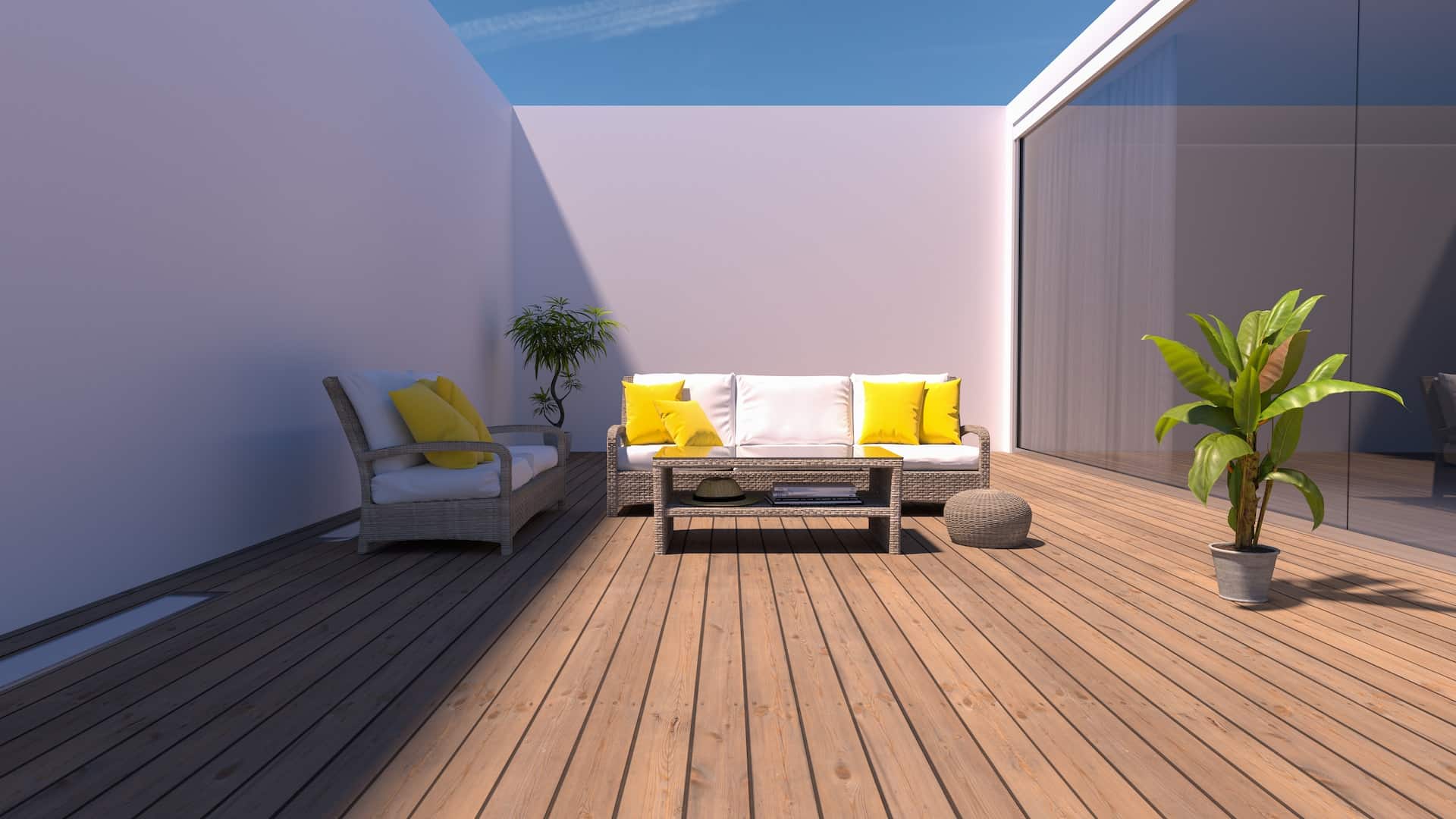A stunning, well-constructed deck can transform your backyard into a beautiful, functional living space, offering an inviting setting for entertaining, relaxation, and time spent with loved ones. As a critical design component of your deck, the choice of decking material has a significant impact on not only the aesthetic appeal but also the longevity, maintenance requirements, and environmental footprint of your outdoor living space.
In the vast world of decking materials, homeowners are spoilt for choice when it comes to selecting the perfect option for their specific needs and preferences. From traditional wood to composite decking and alternative materials like aluminum or PVC, each option presents a unique set of characteristics, benefits, and drawbacks that contribute to the overall appeal and performance of your deck.
At Clear Choice Custom Decks, we pride ourselves on our expertise in crafting one-of-a-kind outdoor living spaces that cater to the diverse requirements and tastes of our clients. As a locally owned and operated company specializing in building custom decks, swimming pools, concrete and pavers, and painting, we understand the value of making well-informed decisions when it comes to selecting the right deck material for your project.
1: Traditional Wood Decking Options
Wood remains a popular choice for deck materials due to its natural beauty, versatility, and the variety of options available. Let’s take a closer look at some common wood choices:
A. Pressure-Treated Lumber
Pressure-treated lumber is the most widely used decking material, mainly due to its affordability and accessibility. This type of wood undergoes a treatment process to increase its resistance to decay, insects, and moisture. While cost-effective, pressure-treated lumber typically requires more maintenance and has a shorter lifespan than some other wood options.
B. Cedar and Redwood
Both cedar and redwood boast natural resistance to insects and rot, offering an attractive alternative to pressure-treated lumber. These softwood species have rich colors and textures that can add a warm, natural ambiance to your deck. However, they tend to be more expensive and require regular maintenance to maintain their appearance.
C. Tropical Hardwoods (Ipe, Cumaru, Tigerwood)
Tropical hardwoods like Ipe, Cumaru, and Tigerwood are prized for their exceptional durability, strength, and resistance to insects and decay. These hardwood species boast rich, exotic colors and textures, but their higher price point and potential environmental concerns may deter some homeowners.
2: Composite Decking Materials
Composite decking materials are gaining popularity as a low-maintenance and eco-friendly alternative to traditional wood. These materials are made from a blend of wood fibers and recycled plastic, offering several benefits:
A. Low Maintenance
Composite decking requires minimal upkeep compared to wood, eliminating the need for staining, sealing, or painting. A simple cleaning routine ensures that your deck remains pristine and attractive.
B. Durability
Composite decking offers resistance to common issues experienced with wood, such as warping, cracking, and fading. As a result, it boasts a longer lifespan and can withstand harsh weather conditions.
C. Eco-Friendly
Many composite decking options utilize recycled materials, helping to reduce waste and promote sustainability.
D. Consistent Appearance
Unlike natural wood, composite deck boards have a consistent appearance and color, making it easier to achieve a uniform look across your deck. However, some may argue that composite decking lacks the natural warmth and character of wood.
3: Alternative Decking Materials
For homeowners seeking materials other than wood or composite, several alternative options are worth considering, such as aluminum, PVC, or even concrete:
A. Aluminum
Aluminum decking provides a lightweight and long-lasting solution, resistant to rot, insects, and corrosion. It is also fireproof and slip-resistant, although it may not offer the same aesthetic appeal as wood or composite options.
B. PVC
PVC (polyvinyl chloride) decking is a low-maintenance, synthetic material that resists moisture, decay, and insects. It does not require staining or sealing and is available in various colors and textures. While durable, PVC decking may be viewed as less environmentally friendly than composite decking.
C. Concrete or Pavers
For a modern, industrial look, some homeowners opt for a deck made from concrete or pavers. These materials offer incredible durability and require minimal maintenance. However, they may lack the warmth and charm of a traditional wood or composite deck.
4: Factors to Consider When Choosing Your Deck Material
When deciding on the ideal decking material for your outdoor living space, consider the following factors:
A. Aesthetics and Style
Select a material that complements the design and architecture of your home and reflects your personal style. Keep in mind the color, texture, and overall appearance of various options.
B. Durability and Longevity
Choose a material that can withstand the specific weather conditions in your region and offers resistance to common issues such as decay and insects. Opting for a durable material ensures your deck stays beautiful and functional for years to come.
C. Maintenance Requirements
Evaluate your willingness to maintain your deck and select a material that matches your desired level of maintenance. Traditional wood options often require more upkeep than composite or alternative materials.
D. Budget
Consider the initial cost and long-term expenses associated with your preferred decking material. While some options may be more affordable upfront, they may require more maintenance and have a shorter lifespan, leading to higher long-term costs.
E. Environmental Impact
As sustainability becomes increasingly important, consider the environmental footprint of your chosen decking material. Opt for eco-friendly options such as composite decking or sustainably sourced wood when possible.
Conclusion
Selecting the perfect deck material is a vital step in creating a beautiful and functional outdoor living space. By considering the various traditional wood, composite, and alternative material options, you can make an informed decision that aligns with your style, budget, and maintenance preferences.
At Clear Choice Custom Decks, our team of professionals is dedicated to helping you bring your dream outdoor living space to life. With our expertise in building custom decks, swimming pools, concrete and pavers, and painting, we are here to guide you every step of the way. Contact us today for custom deck design and install!
